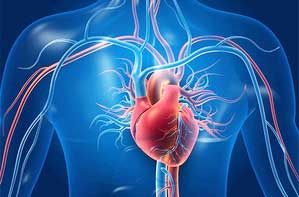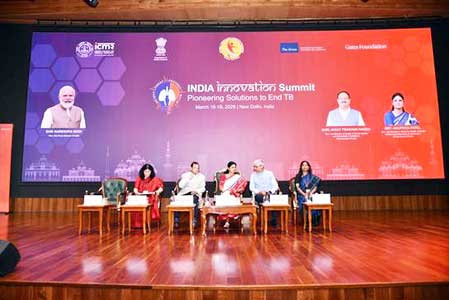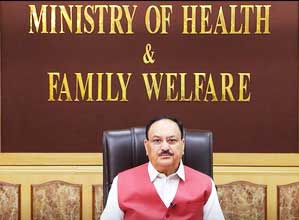While parenthood comes as a blessing for many, for more than 20 per cent of mothers, the new chapter of life creates stress, anxiety and postpartum depression, which can turn fatal for both the mother and child, without adequate support, said doctors on Mother’s Day on Sunday.
Mother’s Day is celebrated every year on the second Sunday of May.
Postpartum depression is common but a treatable medical condition that many women face after childbirth. While the exact cause can be difficult to identify, several factors contribute to these feelings of sadness, anxiety, and tiredness.
These can result from genetics, hormonal changes, sleep deprivation, fatigue, or the pressure of becoming a mother.
The overall pooled estimate of the prevalence of postpartum depression was 22 per cent reporting postpartum depression within two weeks of delivery.
“The journey to parenthood presents couples with a myriad of challenges, often impacting their emotional well-being profoundly. The complexities surrounding late pregnancies, assisted conception methods like IVF, and the burden of preterm deliveries weigh heavily on maternal mental health,” Dr Saurabh Mehrotra, Associate Director, Psychiatry, Institute of Neurosciences, Medanta, Gurugram, told IANS.
Studies reveal that maternal mental illness during pregnancy correlates with adverse outcomes for both mother and child, including preterm delivery and poor neurodevelopment.
“At Medanta, we witness approximately 70-80 per cent of mothers having post-partum blues out of which 20 per cent of mothers with postpartum depression grapple with such mental health challenges, emphasising the critical need for comprehensive emotional support and holistic care throughout the perinatal period,” Dr Saurabh said.
The symptoms of postpartum depression include insomnia, loss of appetite, intense irritability, and even difficulty bonding with the baby. For mothers facing the postpartum blues, asking for help may be one of the most crucial steps, as it may help them easily bond with the baby, the experts said.
But, “if left untreated, the condition can last several months or longer,” Dr Teji Dawane, Senior Consultant, Obstetrician and Gynaecologist, Motherhood Hospitals, Whitefield, Bengaluru, told IANS.
“One of the first steps in addressing postpartum depression is early detection through screenings during prenatal and postnatal care and giving importance to emotional well-being. It is also encouraged to seek help from professional support services such as counselling and therapy,” Dr Teji said.
Sometimes, treatment options also include medication like antidepressants to manage symptoms effectively. It is equally important to create a supportive family environment and develop self-care practices for new parents, the experts noted.






Seven cops injured during anti-Waqf Act rally in Tripura
At least seven policemen sustained injuries on Saturday during a clash between the security personnel and the agitators who held a protest rally against the recently enacted Waqf (Amendment) Act in northern Tripura’s Kailashahar under Unakoti district.
68 tonne areca nuts worth Rs 5.87 cr smuggled from Myanmar seized in Manipur
After Mizoram, the Assam Rifles have seized 68 tonnes of smuggled areca nuts worth Rs 5.87 crore in Manipur’s Kangpokpi district, officials said on Friday.
Centre provides Rs 217 crore for relief, rehabilitation of violence-hit displaced people in Manipur
The Union Ministry of Home Affairs (MHA) has provided Rs 217 crore as financial support in the last fiscal year (2024-25) for relief and rehabilitation measures for those people displaced due to the ethnic violence in Manipur since May 3, 2023, officials said here on Sunday.
Fresh tension in Manipur; village chiefs among 10 assaulted by militants
Fresh tension broke out between two tribal communities in Manipur’s Kangpokpi district on Saturday after at least 10 people, including two key village leaders, were allegedly assaulted by suspected Kuki militants over a land dispute, officials said.